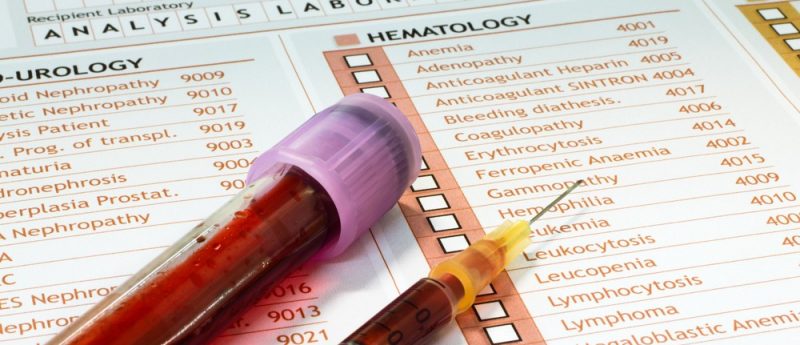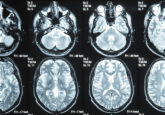New biomarker panel could diagnose post-traumatic stress disorder

Research led by NYU School of Medicine (NY, USA), Harvard John A. Paulson School of Engineering and Applied Sciences (MA, USA) and the US Army Medical Research and Development Command (MD, USA), has identified a blood-based biomarker panel that could be capable of diagnosing warzone-related post-traumatic stress disorder (PTSD).
The article, published recently in Molecular Psychiatry, reports a biomarker panel comprised of 28 physical and molecular measures. In the study, researchers applied their newly identified ‘PTSD blood test’ to an independent group of veterans. The test was able to identify veterans who have previously been diagnosed with PTSD using standard clinical questionnaires with 77% accuracy.
The research involved testing 83 male, warzone-deployed veterans with confirmed PTSD and 82 warzone-deployed veterans who served as healthy controls for approximately 1 million features with current genomic and molecular tests.
Scientists were able to determine which features were associated with PTSD symptom diagnosis by measuring a large number of unbiased quantities. Using mathematical models and machine learning the study authors narrowed the best measures in stages from 1 million to the final biomarker panel of 28 measures.
Senior study author Charles Marmar (NYU School of Medicine) explained that: “While work remains to further validate our panel, it holds tremendous promise as the first blood test that can screen for PTSD with a level of accuracy useful in the clinical setting.”.
The research did not aim to elucidate disease mechanisms related to the final markers, but rather to identify a biomarker panel that most accurately diagnosed PTSD. However, the 28 markers include specific protein concentrations in the blood, gene activity levels and level of circulating miRNA.
There are currently no FDA-approved blood tests for psychiatric conditions such as depression. Senior study author, Charles Marmar stated, “If we are successful, this test would be one of the first of its kind – an objective blood test for a major psychiatric disorder.”
To better understand the clinical utility of the proposed biomarker panel, further research is necessary, including studies of populations beyond male veterans. Co-senior study author Marti Jett (US Army Medical Research and Development Command) explained: “These molecular signatures will continue to be refined and adapted for commercialization.” It is hoped that this approach may form the basis of a screening tool to identify service members with features of unresolved post-traumatic stress.
Sources: Dean KR, Hammamieh R, Mellon SH et al. Multi-omic biomarker identification and validation for diagnosing warzone-related post-traumatic stress disorder. Mol. Psychiatry. doi:10.1038/s41380-019-0496-z (2019)(Epub ahead of print); https://eurekalert.org/pub_releases/2019-09/nlh-et090919.php




